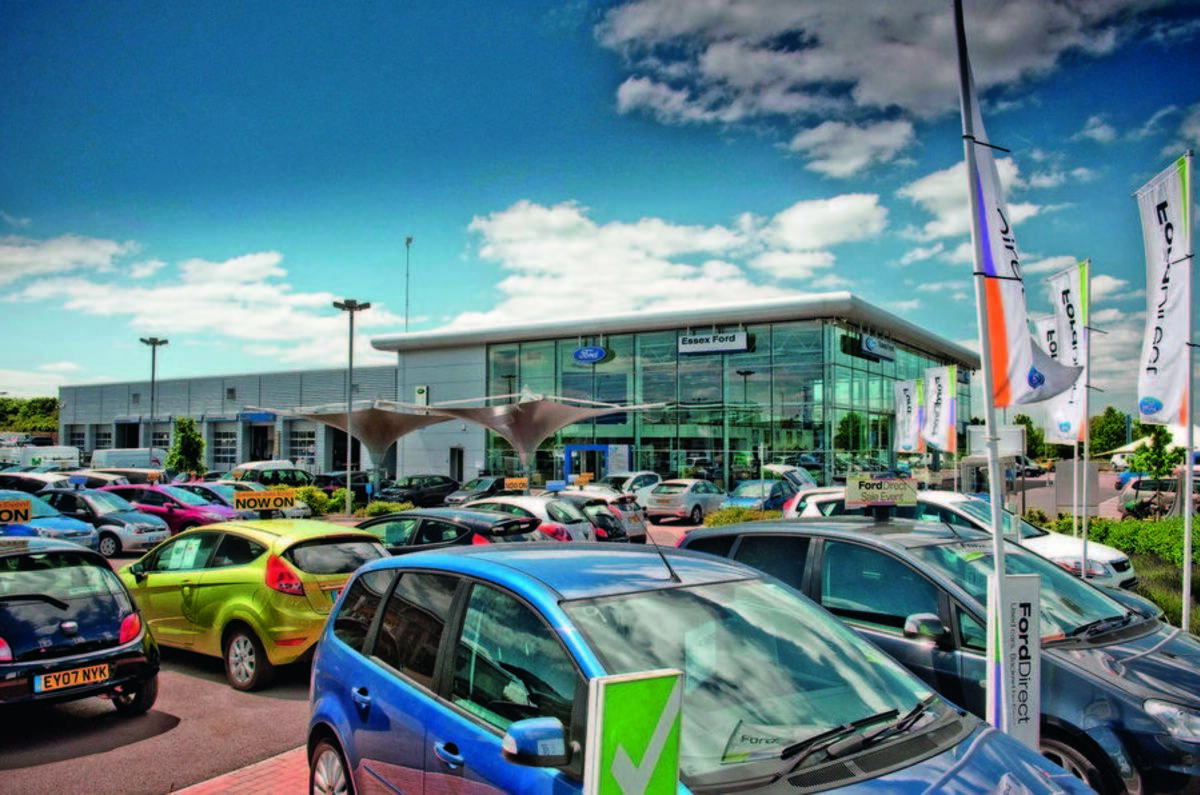Car ownership in the UK fell for a second year in a row in 2021, the first time the country has recorded consecutive yearly downturns in more than a century.
The data, released today by the Society of Motor Manufacturers and Traders (SMMT), revealed that the number of cars owned in 2021 fell 0.2% to 35,023,652. The previous recorded consecutive decline was between 1915 and 1918.
The SMMT put the downward trend down to the impact of the Covid-19 pandemic and a global shortage of key components for car production, such as semiconductors.
The SMMT also noted that the average age of UK cars has hit a record high of 8.7 years, which it says serves as proof of “the greater reliability of new vehicles”.
Around 8.4 million cars – just under a quarter of those on the road – are more than 13 years old.
Despite the downturn in car ownership, the overall number of vehicles on UK roads increased to 40,506,971, up 0.4%. This was down to a bumper year for light commercial vehicles, with ownership rising by 4.3% to 4,804,833.
Plug-in car (battery-EVs, plug-in hybrids and range-extender) ownership was also up, with the 720,053 now on UK roads, accounting for around one in 50 all cars in operation.
These together with 26,990 plug-in vans, 993 electric buses and 313 electric trucks meant the sector increased by 71% last year.
Around 58% of plug-ins are owned by businesses, rather than people. This, the SMMT said, shows that businesses receive better and “more generous” incentives to make the switch than those offered to private individuals.
This is reflected in the overall data, which shows that ICE cars still make up 95.7% of vehicles on the road: 20.5 million petrol (58.6%) and 13 million diesel (37.1%).
SMMT chief executive Mike Hawes said: “Britain’s switch to electric vehicles continues to gather pace, with a record one in five new car registrations now plug-ins. However, they still represent around one in 50 cars on the road, so there's significant ground to cover if we're to fully decarbonise road transport at pace.
“The first consecutive annual fall in vehicle numbers in more than a century shows how significantly the pandemic has impacted the industry, leading Britons to hold onto their cars for longer.
"With fleet renewal essential to net-zero, we must build consumer confidence in the economy and, for drivers, confidence in the charging infrastructure to get the transition into top gear.”









Join the debate
Add your comment
More disingenuous reporting of SMMT attempts to massage declining car sales, which are largely down to the massive increased in the price of new cars and reduced availability of low-cost cars (e.g. no 3-door Fiestas, no city cars from Ford, VW Group or Stellantis, etc.).
I think the reduction in sales is as much to do with the massive price hikes and the fact the industry cant or wont make cars the public want (not at prices they want to pay anyway).
Mike Hawes can put what ever spin on it he likes, but it doesnt look like any Autocar reader believes him (judging by the comments here)
I wonder if Mr Hawes read the report the other day on a £28,000 Fiesta? There's your problem Mike.
Fiesta not made in UK I hear you say? Well today's daily JLR article concerns a new Defender. That starts from £74k.
Covid-19 my ar5e.
When electricity goes up to 50 p unit in October, it will cost more to use electric than ice never mind that it is only taxed at 5% and no duty work ,out the massive depreciation expected on residuals for electric cars and you have a mega loss,best stick with diesel and petrol until solid state arrives and prices come down by £10k.